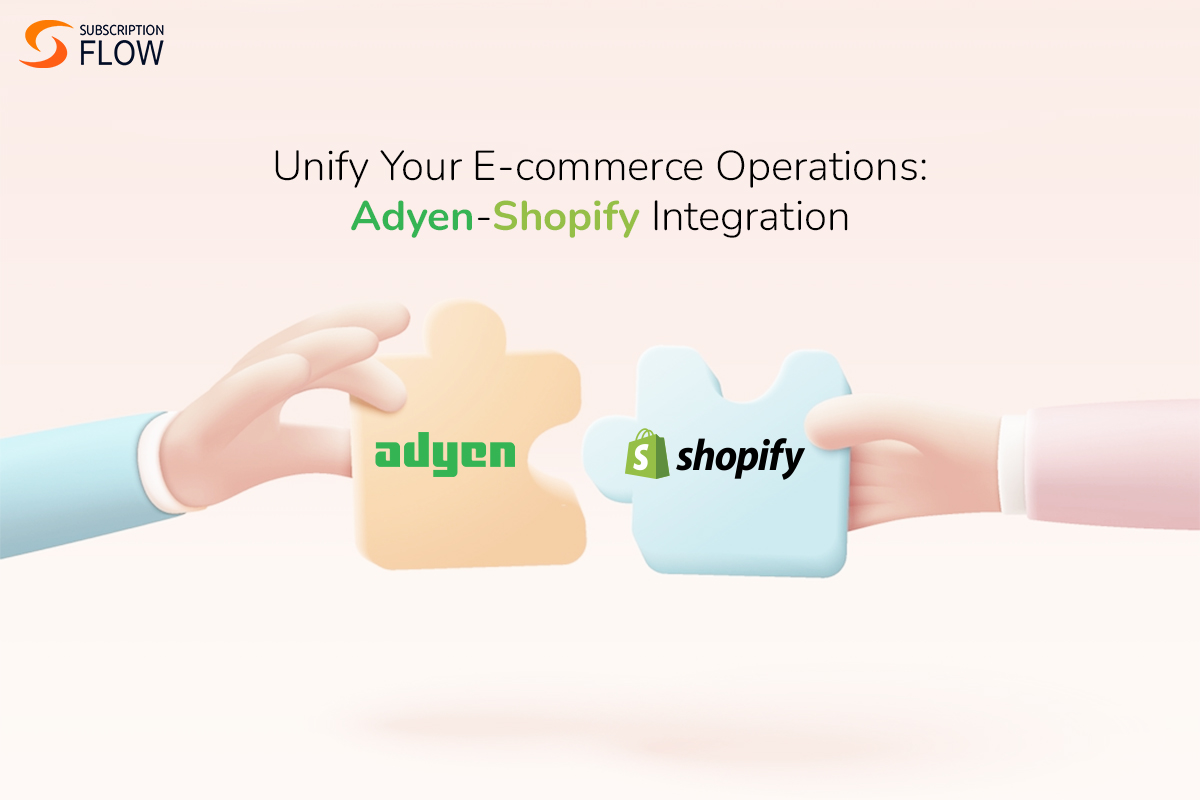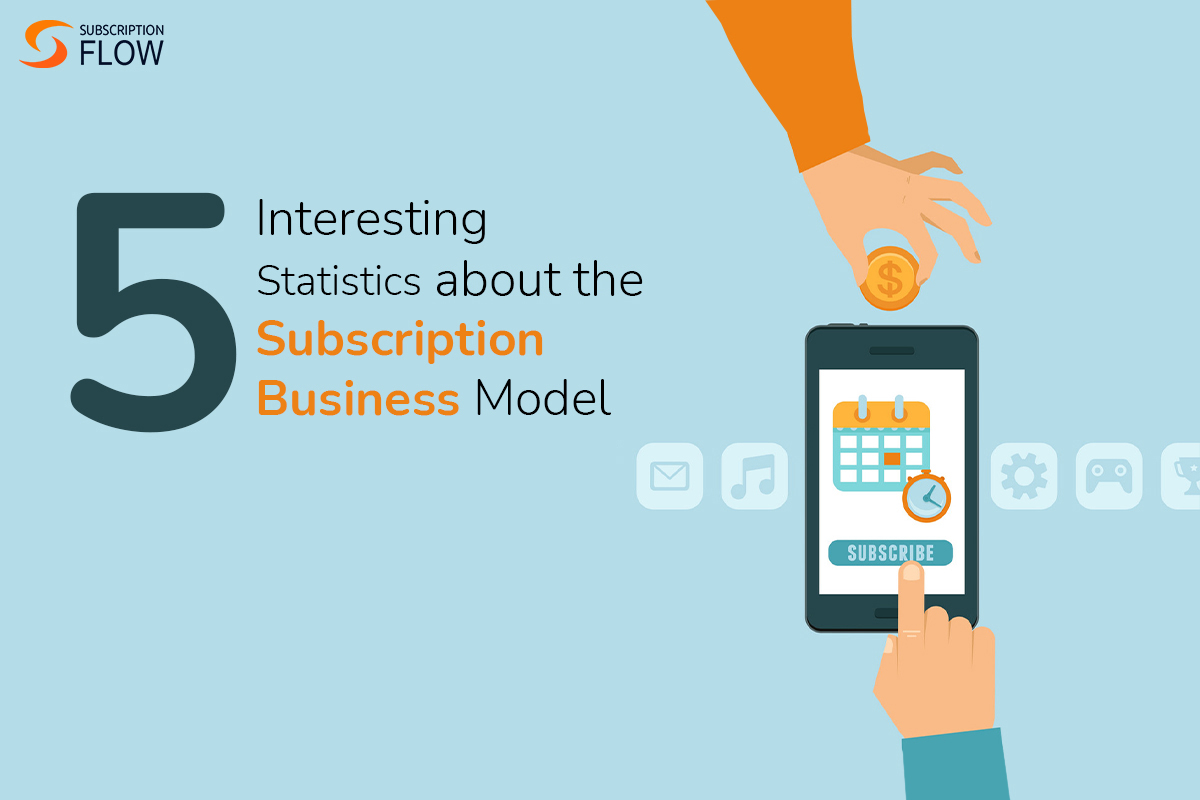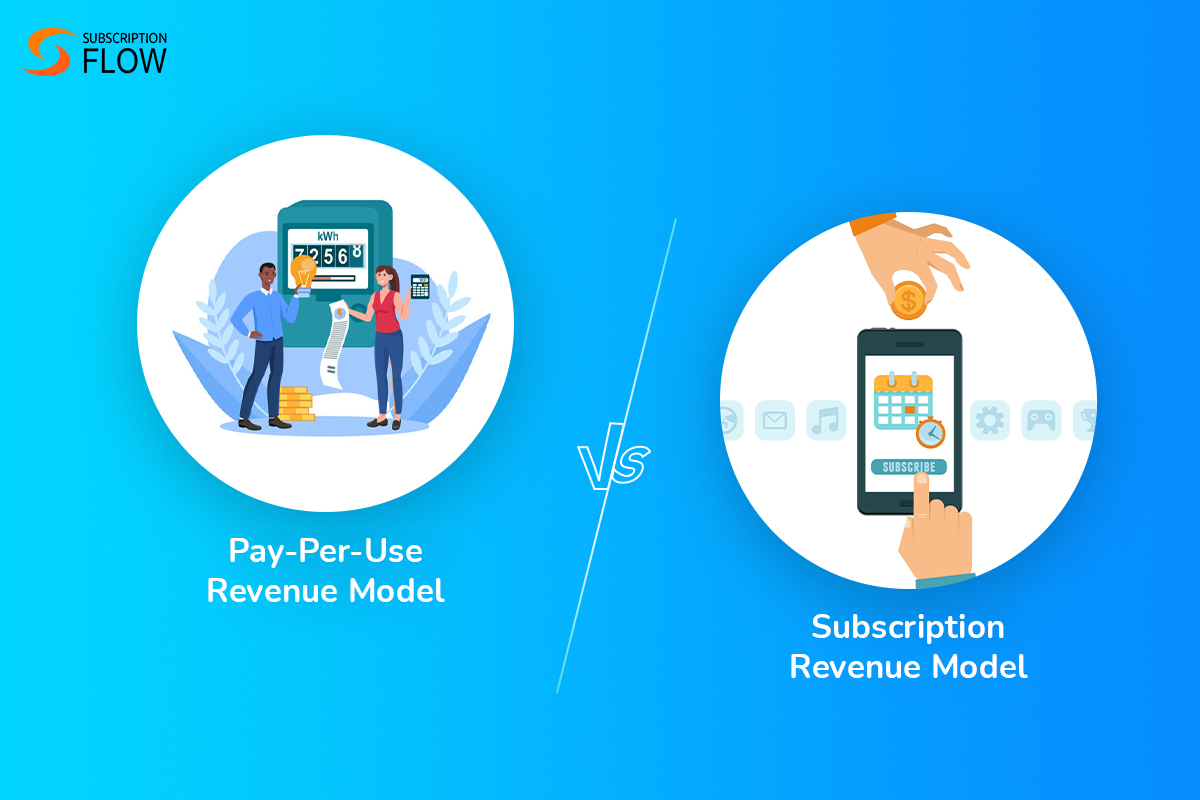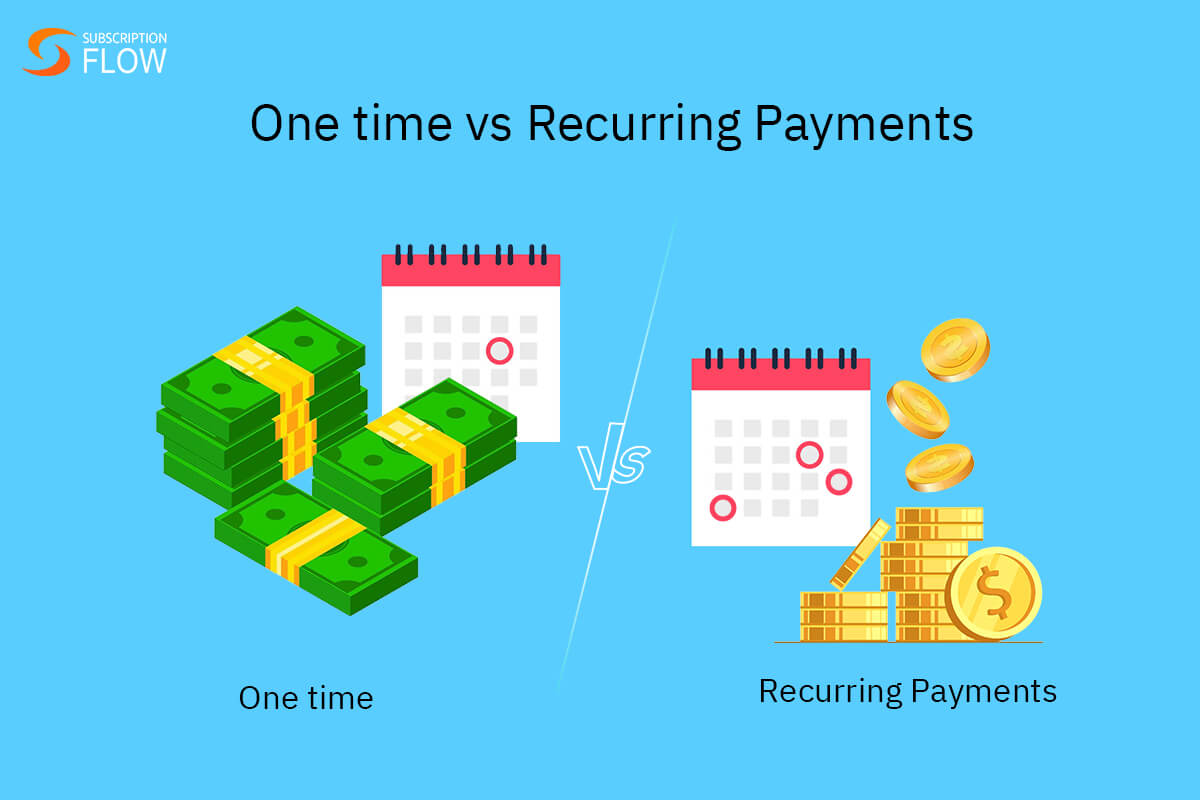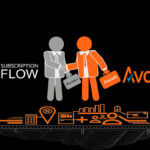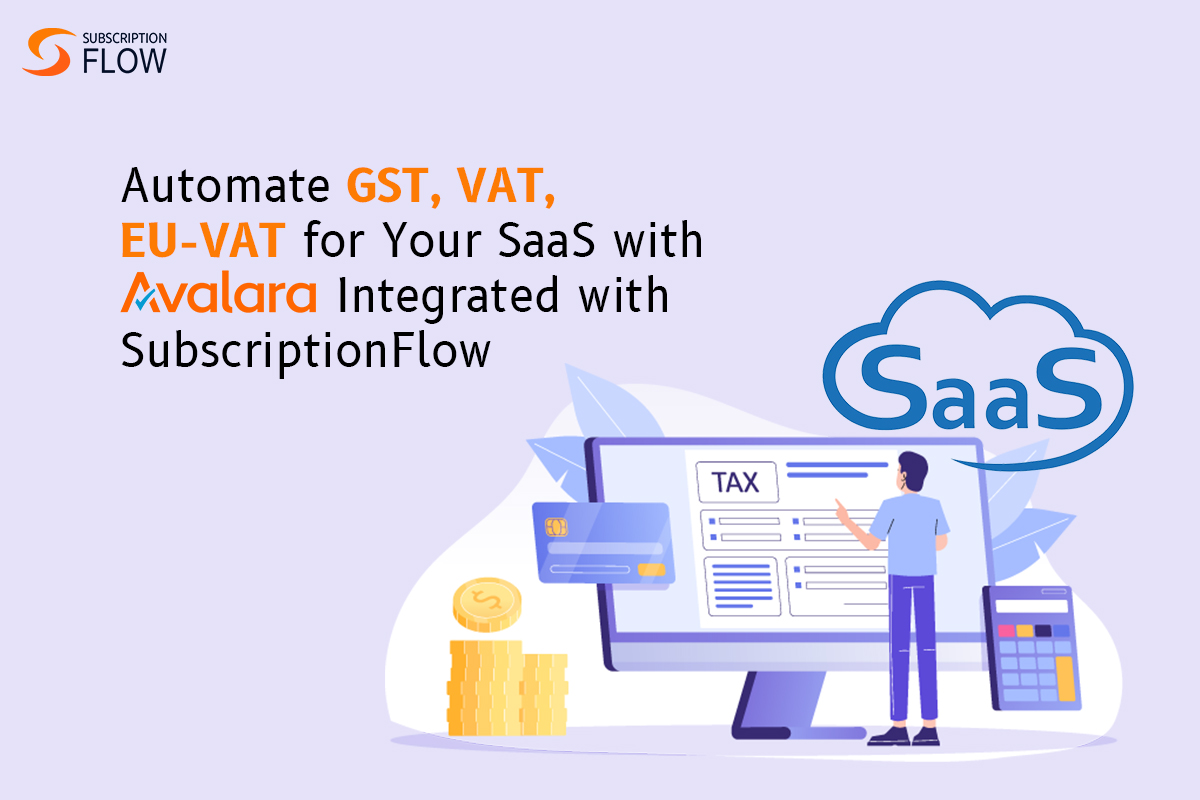
Why Should Businesses Care About Automated and Seamless SaaS Sales Tax Management?
SaaS sales tax management is a tedious and inevitable billing operation and often lands the revenue managers into hot waters when they are navigating through the gross income at the end of the day.
So, What is sales tax? And why is it even matter for SaaS subscription management? Basically, it is a tax imposed by the government on the sale of goods and services that includes digital products like SaaS and services as well. The amount of tax charged depends on the type of product or service sold and the location of the sale. Sales tax is generally collected by the seller at the time of purchase and remitted to the government.
SaaS and subscription businesses when operating through the regions may need to manage different types of sales tax across the countries to cater to their global customer base which may include:
The Goods and Services Tax (GST) is a value-added tax levied on most goods and services sold for domestic consumption.
A value-added tax (VAT) is a consumption tax that is levied on a product repeatedly at every point of sale at which value has been added.
The European Union value-added tax (or EU VAT) is a value-added tax on goods and services within the European Union (EU)
Also Read: SaaS subscription business trends
How Does Sales Tax Apply to SaaS?
Regarding sales tax on software, things can get a bit complicated because there are different ways to classify SaaS products for tax purposes. The way a SaaS product is classified will determine how sales tax applies. Generally, SaaS products can be classified as digital goods or taxable services.
Digital goods are intangible products delivered electronically, such as software, music, and videos. Most digital goods are subject to sales tax in the United States.
Taxable services are defined as services that are not exempt from sales tax under state law.
Examples of taxable services include professional services (such as consulting and accounting), personal services (such as haircuts and car repairs), and repairs and maintenance services (such as appliance repair).
The classification of SaaS products can be tricky because there are often elements of both digital goods and taxable services. For example, a SaaS product may include software that is delivered electronically and professional services that help the customer use the software.
Tax Considerations When Selling Software Internationally
Taxable goods
The first thing to understand is what types of software are subject to sales tax. Generally, any kind of software that is not considered “true” or “bundled” is taxable. It includes:
- Customized software: Software that is written specifically for a customer according to their specifications
- Pre-written software: Software that is sold off-the-shelf without customization (this can also be called “canned” or “shrink-wrapped” software)
- Upgrades and maintenance agreements: Any modifications or enhancements made to the original code of the software, as well as annual support and maintenance plans
- Digital goods: Software that is downloaded or accessed electronically, such as software-as-a-service (SaaS)
B2B vs. B2C
The next thing to understand about sales tax for SaaS is whether you are selling your software to another business (B2B) or an individual consumer (B2C). This distinction is crucial because it will affect whether you charge sales tax and, if so, at what rate.
If you sell your software to another business, you will not be required to collect sales tax as long as the customer provides you with a valid resale certificate. A resale certificate allows companies to purchase goods without paying sales tax, on the condition that they will resell the goods and pay sales tax when they make the sale.
If you sell your software to an individual consumer, you will be required to collect sales tax at the rate applicable in the consumer’s state. The rate will vary depending on the form but is generally between 4% and 10%.
Some states have special rules for digital goods, such as requiring businesses to collect “use tax” instead of sales tax. Use tax is essentially the same as a sales tax but is paid by the purchaser instead of the seller.
Audits
If you are registered to collect sales tax in a particular state, you may be subject to periodic audits by the state’s tax authorities. These audits are designed to ensure that you properly collect and remit sales tax.
During an audit, the tax authorities will request your sales documentation, including invoices, receipts, and other records. They will also likely contact some of your customers to confirm that they were charged the correct amount of sales tax.
Filing and remittance
If you are required to collect sales tax, you must file a return with the state’s tax authorities periodically. The frequency of the filings will depend on the state but is generally quarterly or monthly.
When you file your return, you will need to include the total amount of sales tax you collected during the period and any taxes that were owed but not collected. You will also be required to remit the taxes that are due.
Penalties for non-compliance
If you fail to collect and remit sales tax when required, you may be subject to penalties from the state’s tax authorities. These penalties can include interest on unpaid taxes, fines, and penalties. In some cases, you may also be liable for any sales tax that was not collected but should have been.
Also Read: https://subscriptionflow.com/2021/10/using-subscriptionflow-and-avalara-to-manage-recurring-billing/
How to Manage Your Sales Tax Compliance?
Do it in-house
It involves hiring a sales tax specialist or accountant and dedicating the required resources to stay on top of your sales tax obligations. The advantage of doing it in-house is that you have more control over your data and can tailor your compliance strategy to match your business’s needs. However, this option can be costly and time-consuming.
Use a merchant of record
A merchant of record is a company that handles sales tax compliance on behalf of its clients. This option can be advantageous for businesses that do not have the resources or expertise to manage their own sales tax compliance. However, it is essential to choose a reputable merchant of record that will properly remit the taxes owed and provide accurate reporting.
Use tax compliance tools
There are many software platforms available that can help you automate and manage your sales tax compliance. These tools will typically collect data from your sales transactions, file and remit the taxes owed, and provide reporting capabilities. Using such a tool can save you time and money and free up resources that can be better used elsewhere in your business. However, choosing a reputable and compatible tool with your business’s accounting software is essential.
Pro SaaS Sales Tax Management with SubscriptionFlow Integrated with Avalara
SaaS businesses must have a good understanding of the rules and regulations surrounding SaaS sales tax and the resources that can manage them well. If you are a SaaS and looking for a sales tax management tool that can seamlessly sync with the subscription management tool, we offer Avalara integration with SubscriptionFlow.
Sign up with SubscriptionFlow to ensure that your business complies with all applicable sales tax laws and avoids penalties or interest charges. In addition, keep the records ready for your audit sheets and annual reports.
Learn more about automated sales tax management using SubscriptionFlow, schedule a demo with our subscription billing experts.


